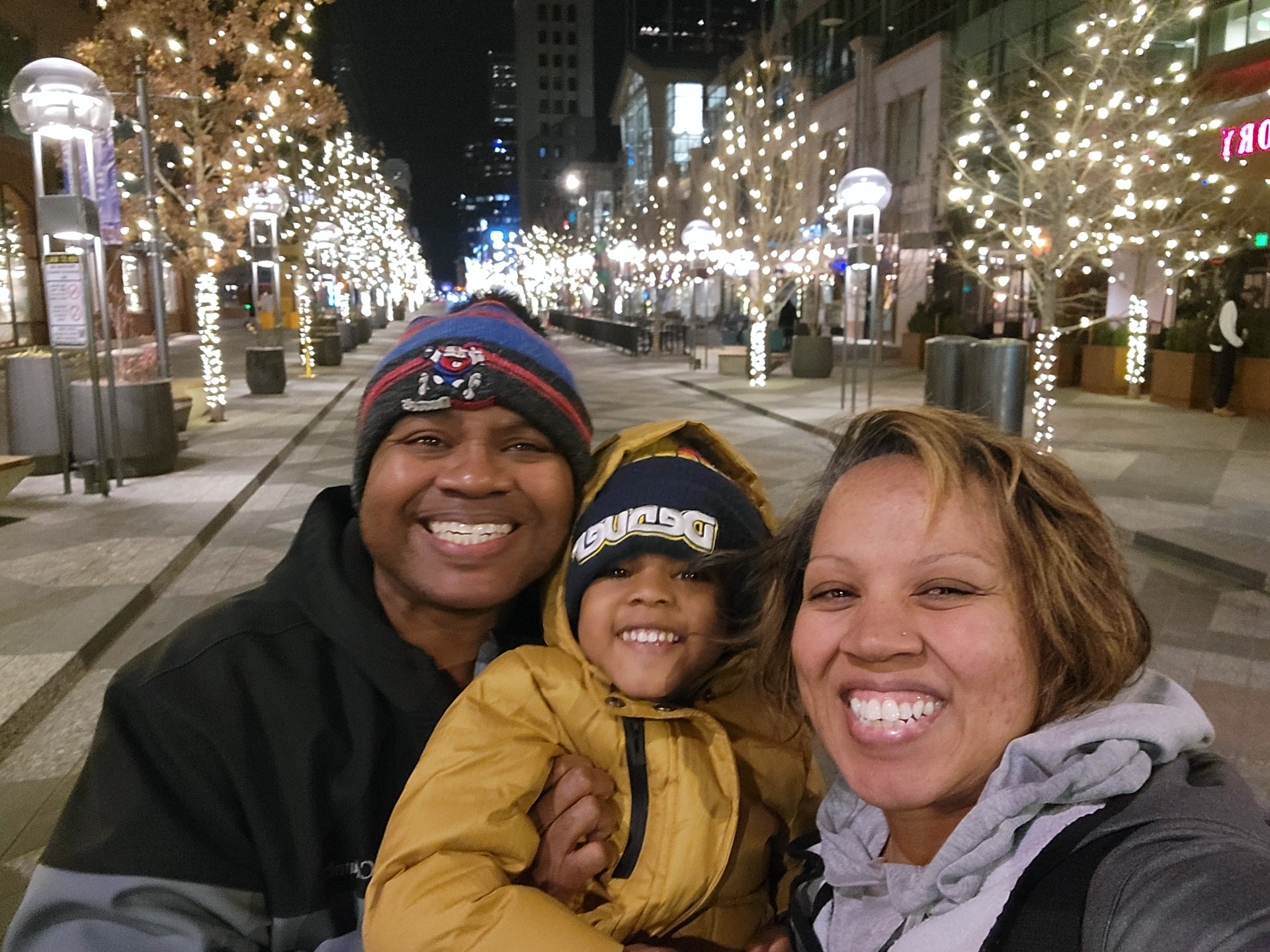In chapter 4 of Zechariah, Zerubbabel was working on rebuilding the temple. (Yep, that was his real name!) Up until this point in history, Solomon’s Temple stood in the city of Jerusalem. It was the pride of the Jewish nation. People traveled great distances just to see it. It was the Empire State Building, the Eiffel Tower and the Taj Mahal of its day. But to the Jewish nation, it was much more than just a grand building, it was their center of worship. Eventually, this gorgeous temple was destroyed by King Nebuchadnezzar’s armies. After years of captivity, a new king came along and allowed some Jewish leaders to return to Jerusalem and begin the work of rebuilding the temple and the city. Work on the new temple was progressing, but the people were frustrated because this temple was not as grand as the first one, and the work was progressing slowly. Zerubbabel was leading the work and was faced with political conflicts. They were surrounded by nations that wanted him and the entire Jewish nation to fail.
For 16 years, work on the temple stopped. The surrounding nations felt like they had won; Zerubbabel and the others in charge of the project felt like failures. Most of the citizens had given up hope that it would ever be accomplished and had gone on to do other things.
But one day, the word of the Lord came to a man of God named Zechariah. At that time, that’s how God spoke to the people. He would send a trusted prophet with a message. Zechariah said to Zerubbabel:
This is what the Lord says to Zerubbabel: It is not by force nor by strength, but by my Spirit, says the Lord of Heaven’s Armies. (Zechariah 4:6 NLT)
Zechariah reminded Zerubbabel that this whole project had very little to do with him, but had everything to do with God and what God wanted to happen.
Zechariah goes on to say, “Do not despise these small beginnings. For the Lord rejoices to see the work begin.” (Zechariah 4:10 NLT) The surrounding cities despised what was happening, some Jewish citizens despised it because it wasn’t as good as Solomon’s temple, and others despised it because it was taking too long. But the Lord was rejoicing over the work that had begun there – and he was promising that the work would be completed.
How often do we follow the example of this Jewish nation? How often do we get discouraged because we are comparing what we have to what someone else had before? How often do we let things less important than the work at hand distract us? How often do we think that bigger is better? How often do we give in to the belief that fast and furious is so much better than slow and steady?
But think about it, most of the things we do in life are made of small steps. Just about everything starts small – babies, buildings, cities, churches, families, relationships. Without the small steps, there would never be big things. God works in the small things. We just don’t always see him there because we are looking for bigger and better.
This story about building the temple is mentioned in seven different places in scripture (Ezra, Nehemiah, Haggai, Zechariah, 2 Chronicles, Isaiah and Daniel). It was a small temple being built by a small group of easily distracted people, but it ended up being a really big deal. God rejoices over small steps, and so should we. When we do, we may see later that the small things were actually big things.
Questions:
- What small thing are you involved in?
- What do you think God may be doing through it now?
- How can you better embrace the small thing in front of you?
Kelli Jordan, kellijordan.blog





